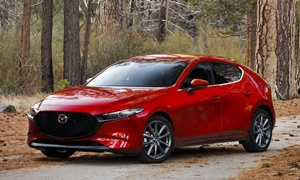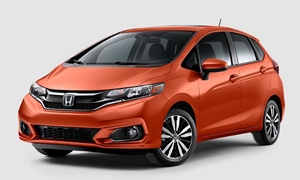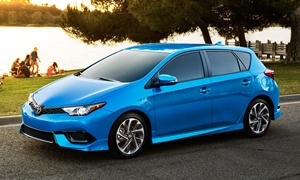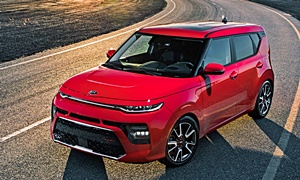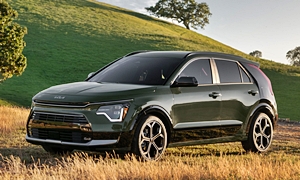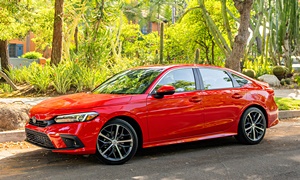Toyota Corolla IM, Honda Fit, VW Golf and the Mazda 3. the Honda Fit was nice but my ankle hurt during the test drive. other than that it was nice. The Corolla IM was really nice and very roomy which wasnice. I did sit in the 2019 model but the back seat entry caused issues. Mazda 3 was very comfortable but am a little worried about quality same with VW
Well, you chose well. These are among the most reliable cars on the market - particularly the Toyota Corolla IM, Honda Fit, and the Mazda 3. VW has a six year warranty so you are good for that amount - but it is less relliable than those three cars.
The original Corolla is reliable according to Consumer Reports all the way back to 2010 (2009, a model introduction year, not as reliable - but 2014 another introduction year, perfectly reliable - but it was not as a major change as 2009). The downside to the IM is it is now in its first year of production, and therefore relablity is not known. Any first year is a risk - half the time Toyota gets it right (particularly when they reuse technology). The other half, they are still reliable but not as much as they improve after the first year and have a lot of recalls (perfect example - the new Camry this year has a couple of major recalls, saftey related as well). So there is no record right now on that model - that is the risk here.
The Honda Fit according to Consumer Reports since its redeisgn in 2015 is only average in reliablity, which is bad for Honda but not too bad overall. Climate control problems, paint and trim, body integrity (rattles and creaks), and power equipment problems are more likely. So nothing major, but for the first three years of production they are more likely to have issues and you will have to bring it in to be fixed under warranty.
The Mazda 3 according to Consumer Reports is more reliable at this time than both the Honda and Toyota. They give it a much above average record of reliablity since its launch in 2014. Only thing below average in reliablity and only in 2014 is In Car Electronics. For 2015, 2016, and 2017 the only average thing is In Car electronics. Honestly, that is about as good as it gets in this class. I would say if you like the Mazda 3, get it. You have to go back to the last generation and to the 2011 model year to find anything wrong with its repair record - and that model is way below average with suspension issues. Back to 2010 there are a total of two other fields that get average - everything else is above average. In this case, the Mazda 3 is the best bet because the Toyota is so new.
The VW unfortunately cannot keep up with any of this. In 2015 and 2016, with the redesign in 2015 major things such as the engine, transmission, fuel system, climate system, paint and trim, body integrity, body hardware, power equipment, and in car electronics all have problems to one degree or another (some are average to above average, but all those catagories are not perfect and the cars are only three years old!) You will be using the warranty a lot for that car unfortunately although 2017 seems to be shaping up as a better year although it is still early as those cars are one year old or less.
So you won't go wrong with the Mazda, the Honda is less reliable than a lot of its siblings but is not terrible, and the Toyota is just new so you are taking your chances with it.
Best of luck.
| 1 |
